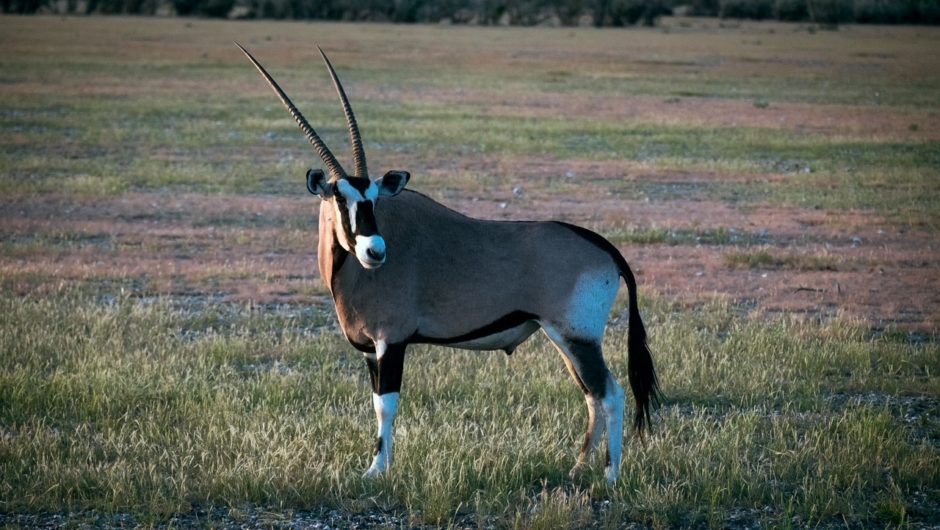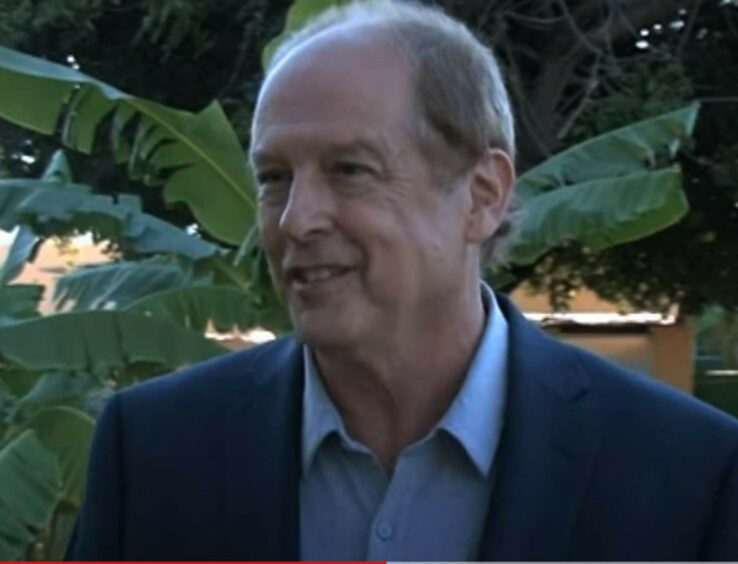
As one of the few companies carrying out exploration in sub-Saharan Africa, Reconnaissance Energy Africa (TSXV:RECO; OTC:RECAF; FRA:0XD) is keenly aware of justifying its presence.
The company is in “constant consultation with local communities”, CEO Scot Evans told Energy Voice at the recent Africa E&P Summit in London. “I don’t think you can ever have enough.”
Local content has provided an opportunity to pass on benefits to communities. The company’s local partner, Pioneer Energy, is entirely staffed with people “from Namibia, from the region and the Kavango”, Evans said. The company is increasing the number of locals who work for its direct local unit, Reconnaissance Energy Namibia.
As a result, ReconAfrica’s communications with locals comes from “people who live there and will continue to live there. We’re finding who we can and we’re going to train locals to develop more skills.”
Environmental management plays a part in how the company will work in the area. Evans ruled out flaring and noted the appeal of a “clean slate”, based on new wells, rather than trying to clean up old wells.
Evans also talked about ReconAfrica’s potential dual strategy. “If there’s oil, we can get that to the coast. But gas wouldn’t leave, that would stay here in the Kavango,” he said. New gas-fired generation could go to meeting local needs, he continued.
The idea of a “potential revenue stream from the oil and from the gas resonates pretty well. We have the technology to do that,” he said.
Given heightened ESG concerns in the energy sector over the last few years, operating with minimal impact will play a role in attracting a partner. ReconAfrica has said it plans to formally begin talks with companies in early 2022.
Strong start
“We’ve seen quite a bit of interest,” Evans said. The company is also working on plans to graduate from its junior listings. “Uplisting is something we’ve talked about. We need to be very diligent about it but that’s a conversation we’re engaged in right now.”
All these plans are nothing, though, without success in finding hydrocarbons. The company has drilled two stratigraphic wells and reported shows.
“We’ve proved we have hydrocarbons and there are a couple of zones that are definitely worth testing,” Evans told conference attendees. Data from drilling shows five potential reservoir zones, with three clastic at the top and two carbonate lower down.
“The bottom line is that we have a very nice basis on which we can now conduct exploration,” he said.
The next stage of the process is under way, with the acquisition of 450 km of 2D seismic. Evans noted the company was about two thirds of its way through this.
The seismic “will give us a focus for the next drilling programme. That’s always been the plan,” he said. Drilling the wells first has helped to calibrate the seismic, he said, noting common static issues with the data acquisition.
The strategy is to “reach basin mastery – that’s a high goal for a new basin. But we do want to understand the most about it – and the Kavango and the people,” he said. This will drive a “holistic plan” about how to develop the region.
“It’s a big area, we couldn’t do it all ourselves. So we’ve started having discussions with potential partners,” he said. Information from the seismic will be used to pick drilling sites. There are some locations that were approved under the original environmental impact assessment process, the CEO said.
ReconAfrica plans to resume drilling in December 2021.
Updated at 11:34 am with plan for drilling in December and on local presence in Reconnaissance Energy Namibia.

